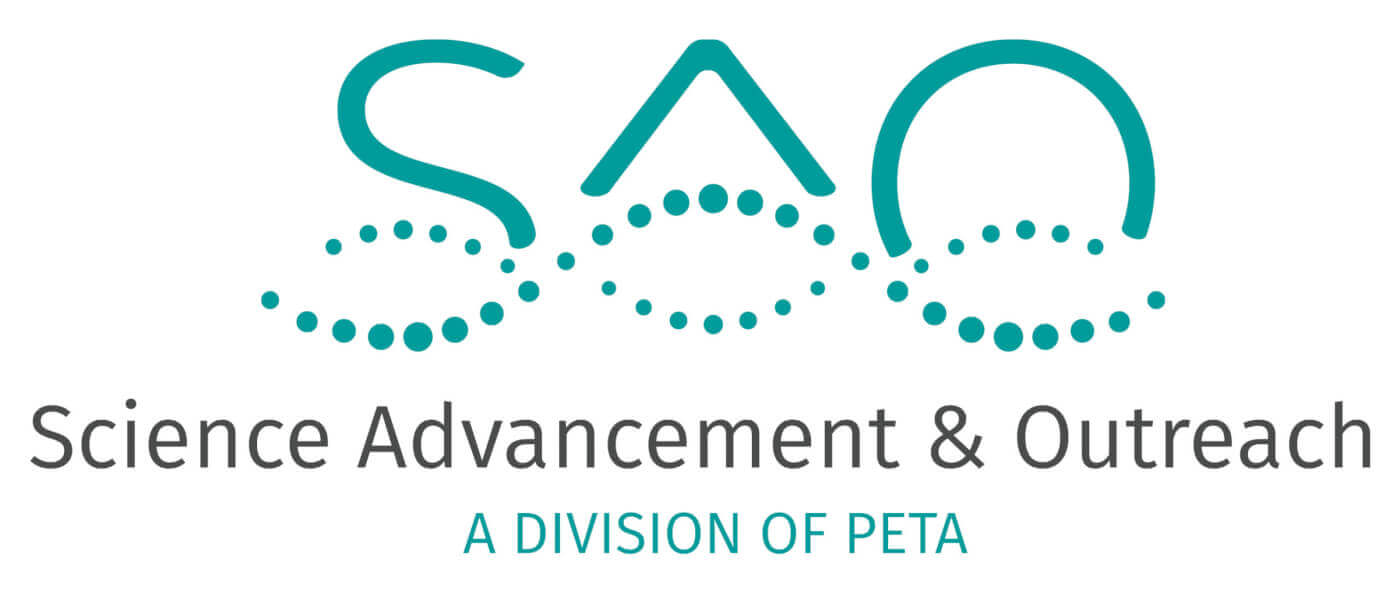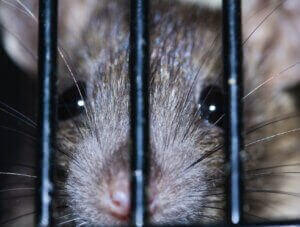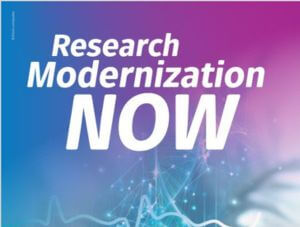PETA’s Science Advancement & Outreach (SAO) division aims to change the paradigm of biomedical research by promoting the development and implementation of cutting-edge, human-relevant strategies in biomedical research and training and by phasing out the use of animals in experimentation. We do this by influencing scientific policy and publishing practices as well as education and training at the college level in order to support the transition to animal-free research. SAO scientists also review the scientific efficacy and ethics of animal-based paradigms for disease research and present their findings at conferences, through guest lectures, and in journals.
 © iStock.com/ipopba
© iStock.com/ipopbaSAO scientists have considerable expertise in the limitations of the animal experimentation paradigm and in cutting-edge strategies in biomedical research and training as well as long-standing relationships with academic leaders, experts, and other stakeholders. We collaborate with a diverse scientific team. Our expertise includes neuroscience, physiology, genetics, toxicology, primatology, animal welfare, and public health.
OUR WORK
Research Modernization Now
We’ve developed Research Modernization NOW, a bold plan to cut through the inefficiency of experiments on animals and focus on humane, human-relevant research methods. Learn more about our vital work and read our groundbreaking proposal to revolutionize scientific research.
Scientific Publishing
SAO works with journal editors and publishers to improve accuracy in reporting about experiments on animals in scientific journals and to deter publication of some of the worst tests on animals. This includes ensuring additional editorial scrutiny of particularly harmful procedures on animals and discouraging journals from publishing manuscripts that rely on animal tests that have been ineffective.
We also encourage publishers to be more stringent about ensuring that the procedural descriptions of experiments on animals are accurate and that authors are transparent about the limited translatability of most tests on animals.
After hearing from SAO, several journals agreed to update their instructions to authors and require that organismal or species information be included in the abstracts of all articles they publish and to ensure greater transparency about the housing of animals used in experiments.
STEM Education
SAO educates early career scientists about the ethical and scientific limitations of experiments on animals and the opportunities presented by the use of more humane methods in biomedical research through on-campus and virtual lectures, discussions, and webinars.
Coalition Building
SAO meets with scientists in academia and industry, presents at scientific conferences, participates in workshops and roundtables, and publishes critiques of animal use in specific areas. We work in coalitions with other organizations and experts to mitigate bias against non-animal methods and promote evidence-based research funding practices. We also fund research into the efficacy of animal use in certain areas and help connect researchers seeking to use non-animal methods with the right evidence and connections to make their goals a reality.
Join our mailing list.
By submitting this form, you’re acknowledging that you have read and agree to our privacy policy and agree to receive e-mails from us.
PETA U.S.’ science team tackles animal testing from two sides. The Laboratory Investigations Department (LID) works in areas of animal experimentation not required by regulators, and SAO is housed within this department. The Regulatory Toxicology Department covers government-required toxicological testing.



